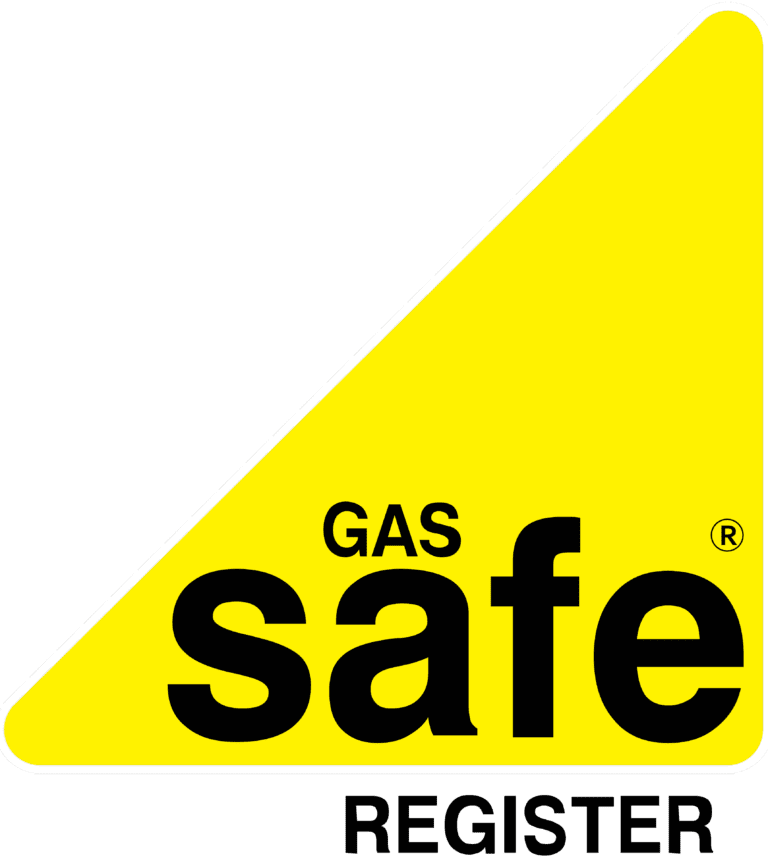Table of Contents
Choosing the right boiler size for your home is an essential task that ensures your heating system operates efficiently and effectively. With various types of boilers available in the market, understanding the nuances of each option is crucial. Selecting a boiler that matches the size of your property and meets your specific needs can significantly impact your energy efficiency and comfort levels.
What Type of Boiler Do I Need for My Home?
The question of “what type of boiler do I need?” is often the starting point for homeowners contemplating a new boiler installation. The main types of boilers available for residential use include combi boilers, system boilers, and regular boilers. Each type has its unique features and advantages, making it suitable for different home setups and requirements.
Understanding Different Types of Boilers
Combi boilers, short for combination boilers, are highly popular in the UK due to their compact size and efficiency. They provide both heat and hot water directly from the boiler without the need for a separate hot water cylinder, making them ideal for smaller homes with limited space. System boilers, on the other hand, require a hot water cylinder but do not need a water tank in the loft. They are well-suited for homes with higher hot water demands. Lastly, regular boilers, also known as conventional boilers, are typically found in older properties and require both a cylinder and a tank. They are suitable for homes with traditional heating systems.
Comparing Combi, System, and Regular Boilers
Comparing these three main types of boilers involves assessing the specific needs of your household. Combi boilers are advantageous for their space-saving design and ability to provide instant hot water. System boilers are beneficial for households with multiple bathrooms as they can handle simultaneous water usage more effectively. Regular boilers are ideal for homes with older radiator systems that may not be compatible with high-pressure boilers. Understanding these differences is crucial in selecting the right type of boiler for your needs.
Choosing the Right Type of Boiler for Your Needs
To choose the right type of boiler, consider your household’s hot water demands, the existing heating system, and available space. A thorough assessment of these factors will guide you in choosing a boiler that seamlessly integrates with your home while providing efficient heating and hot water. Consulting with a heating engineer can also provide valuable insights tailored to your specific circumstances.
How to Determine the Right Size Boiler?
Determining the right size boiler for your home involves calculating the heat output required to efficiently heat your space. This calculation can be complex, factoring in the size of your property, the number of bathrooms, and the level of insulation, among other things. Using a boiler size calculator or consulting a professional can help simplify this process.
Using a Boiler Size Calculator
A boiler size calculator is a useful tool that estimates the appropriate boiler capacity based on your home’s specific dimensions and requirements. Input data such as the number of radiators, the number of bedrooms, and the type of windows can provide an accurate estimate of the size boiler you need. While these calculators offer a good starting point, they should be used in conjunction with professional advice.
Factors to Consider: Size of Your Property and Usage
The size of your property significantly influences the size boiler that’s appropriate for your needs. Larger properties typically require higher capacity boilers to ensure all rooms are adequately heated. Additionally, your usage patterns, such as the frequency of heating and hot water requirements, play a crucial role. Homeowners with larger families or frequent guests may need a boiler with a higher output to accommodate increased demand.
Consulting with a Heating Engineer
Consulting with a heating engineer can provide a more nuanced understanding of the right size boiler for your home. These professionals offer expert advice, considering all variables, including the specifics of your current heating system and any future needs. Their assessment ensures you choose the right boiler, avoiding oversizing or undersizing, which can lead to inefficiency and increased costs.
What is the Best Boiler for Your Home?
The best boiler for your home is one that balances efficiency, performance, and cost. Evaluating these factors alongside your specific requirements and preferences will help you make an informed decision.
Evaluating Efficiency and Performance
A critical aspect of choosing the best boiler is assessing its efficiency and performance. An efficient boiler reduces energy consumption, leading to lower utility bills and a smaller carbon footprint. Modern boilers, particularly condensing models, are designed to maximise energy use and minimise waste, making them a preferred choice for environmentally conscious homeowners.
Considering Fuel Source: Gas, Oil, or Electric
The choice of fuel source—be it gas, oil, or electric—also impacts the performance and running costs of your heating system. Gas boilers are common in urban areas where natural gas is readily available, offering a cost-effective and reliable source of heat. Oil boilers are suitable for rural locations where gas supply may be limited. Electric boilers, though typically more expensive to run, are an option for homes without access to gas or oil.
Top Brands and Models for Different Needs
Exploring top brands and models is essential for finding the best boiler for your specific needs. Brands like Worcester Bosch, Vaillant, and Ideal Boilers are renowned for their reliability and performance. Researching reviews and comparing features can help determine which model aligns with your requirements and budget.
What Should You Consider When Buying a New Boiler?
Buying a new boiler involves several considerations beyond just selecting the right type and size. Budget, installation, and maintenance costs, as well as warranties and after-sales support, are all crucial factors to evaluate.
Budget and Cost Implications
Your budget is a significant consideration when buying a new boiler. While it’s tempting to choose a cheaper model, investing in a quality boiler can result in long-term savings through improved efficiency and durability. Consider the initial purchase cost alongside potential savings on energy bills and maintenance expenses.
Installation and Maintenance Requirements
Installation and maintenance requirements vary with different boiler types. Combi boilers, for instance, may have lower installation costs due to their compact design. Regular maintenance is essential to ensure your boiler operates efficiently and to extend its lifespan. Annual servicing by a qualified heating engineer is recommended.
Warranties and After-Sales Support
Warranties and after-sales support provide peace of mind when investing in a new boiler. Look for manufacturers offering comprehensive warranties that cover parts and labour. Additionally, assess the availability of customer support and service networks to address any issues promptly.
How to Ensure Proper Boiler Installation?
Proper boiler installation is critical to the performance and safety of your heating system. Ensuring the installation is carried out by a qualified professional is paramount.
Choosing a Qualified Heating Engineer
Choosing a qualified heating engineer is the first step in ensuring a proper installation. Verify credentials and experience, and consider recommendations from trusted sources. A certified engineer will adhere to industry standards and regulations, guaranteeing a safe and efficient installation.
Understanding Installation Processes
Understanding the installation process helps prepare your home for any necessary modifications and ensures you’re aware of what to expect. The process typically involves removing the old boiler, preparing the site, and installing the new unit, followed by testing and commissioning the system. Communication with your engineer throughout this process is key to addressing any concerns.
Post-Installation Checklist and Maintenance Tips
After installation, a post-installation checklist ensures everything is in order. This includes verifying the boiler’s operation, checking for leaks, and ensuring proper ventilation. Regular maintenance tips, such as bleeding radiators and monitoring pressure levels, can help maintain your boiler’s efficiency and extend its lifespan.
To choose the right size boiler for your home, consider the size of your home, the number of radiators, and your hot water needs. Consulting with expert boiler installers can also provide personalised guidance.
The size of boiler you need for a UK home typically depends on the number of bedrooms and bathrooms, as well as the type of heating system. A professional assessment can help determine the right size boiler for your specific needs.
When choosing a boiler type, consider the type of boiler you want (combi, system, or conventional), the efficiency levels, the space available for installation, and your budget. This will help find the right boiler for your home.
To find the right boiler for your home, assess your heating and hot water requirements, research different boiler brands, and consult with professional boiler installers to ensure the boiler you choose meets your home’s needs.
A combi boiler provides instant hot water and heating without the need for a separate water tank, making it ideal for smaller homes. A system boiler, however, requires a hot water cylinder and is suitable for homes with higher hot water demands.
Choosing the right size of boiler is crucial to ensure efficient heating and hot water supply. An undersized boiler may struggle to heat your home adequately, while an oversized boiler could lead to higher energy costs.
A conventional boiler, which requires both a hot water cylinder and a feed tank, is typically best for homes that need a large volume of hot water at once. It may be the right one for a home with multiple bathrooms.
Boiler installers can provide expert advice on selecting the correct boiler size and type based on your home’s specific needs. They can also ensure proper installation, maximising efficiency and safety.
Boiler brands can influence the reliability, efficiency, and warranty options available. Researching different brands can help you find the right boiler that offers the best performance and support for your home.

